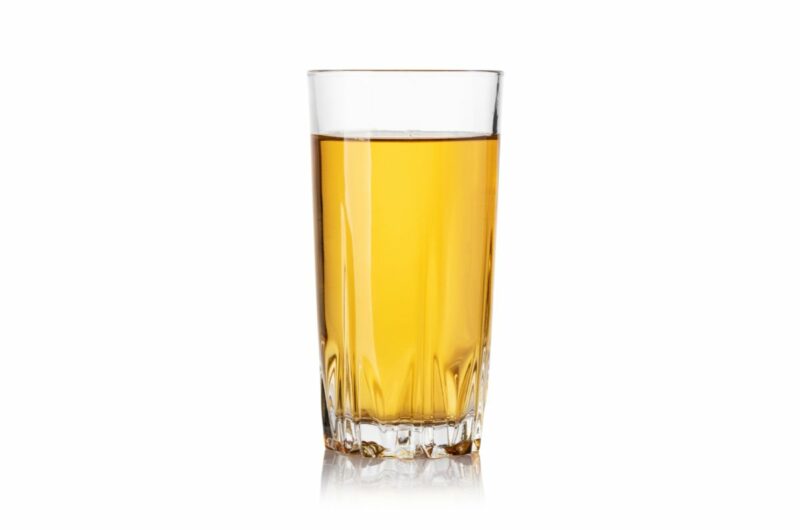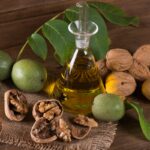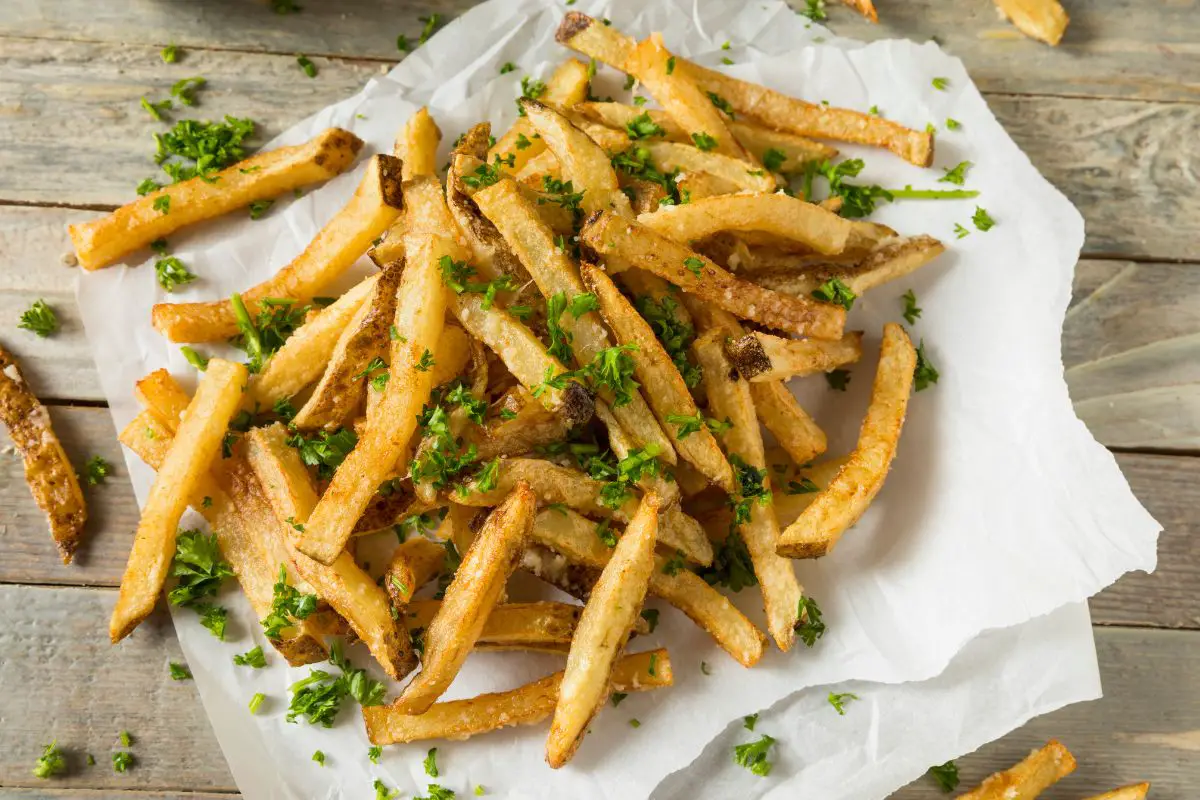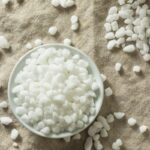Verjus, sometimes called verjuice in the US, is a French pressed juice. It’s a particularly gourmet or artisan ingredient that a lot of home cooks won’t be familiar with, especially in the US, however it can appear in recipes, particularly older recipes, from time to time.
When Verjus comes up in these recipes it can often feel pointless sourcing this artisan ingredient, which could be hard if you are in a pinch, but there are some substitutes out there which can fill its place with relative ease.
Even those who know of verjus will know that it can be somewhat expensive these days as an artisan product, so many may be looking to sub it for this reason.
This said, most people won’t knowingly have had verjus before, so there won;t be many palettes out there which will know its missing, and if you haven’t had it yourself a description of its flavors of usage can certainly help us understand how to replace it.
If you have a recipe that asks for verjus, don’t panic, you can still totally make this recipe today without having to go ingredient hunting.
Keep reading to find out what verjus is, why it is used, and what it tastes like as well as what you can use to easily substitute it with pantry ingredients. Find this out and more below.
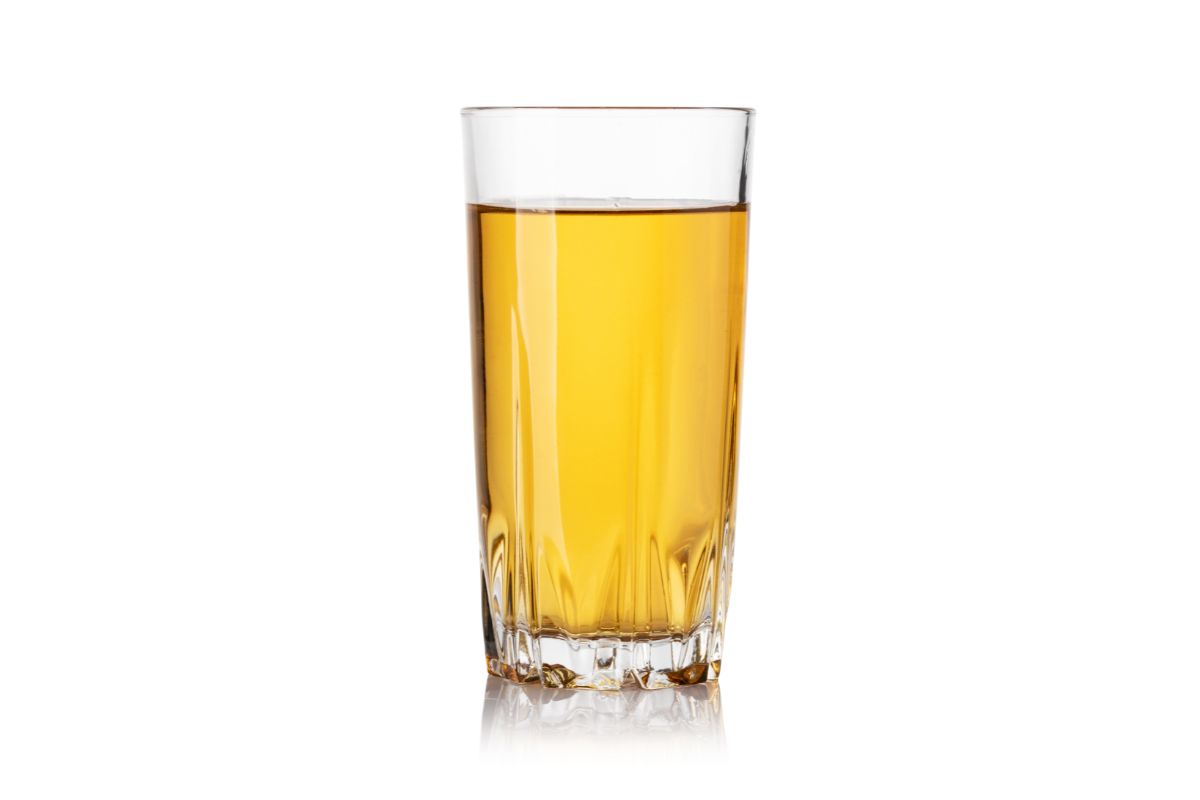
What Is Verjus?
Perhaps the best way to describe verjus and get to the heart of what it is is to describe it as a byproduct of the winemaking process. Moreover, verjus is the pressed juice of unripened grapes, so it is more acidic than sweet.
The juice can be made from pressing white or red grapes, resulting in slightly different flavor balances.
The general flavor of verjus is both sweet and acidic, and is quite similar to various types of vinegar or wine. Its red variety can be a little earthy or floral, while the white verjus has a much crisp and brighter taste.
For the record, verjus is not fermented and is thus not alcoholic but does exhibit some of the same flavors of wine. Verjus is also used to make many mustards, particularly those of the French variety.
You probably haven’t heard of verjus as it is recognizably quite an old ingredient, it was very popular in the Middle Ages and in Renaissance Europe.
Yet, being essentially a byproduct, it fell out of use quite a lot in the modern era. However, many wineries are now starting to harvest verjus again as it increases in popularity thanks to its discovery in American cuisines.
Like wine or vinegar, each verjus of each brand will have its own unique flavors and tastes.
As it’s not a super common product you could certainly purchase this from your local winery or may be able to find it in specific artisan stores, or online, but it’s not likely to be in your common grocery store.
Verjus has a few uses, being a little mellower than vinegar it is commonly used in salad dressing most often, and is good for strong flavored greens like arugula.
But you can also use it like wine, to deglaze a pan or to add some bright acidity to basically any sauce, also being good for marinades.
Substitutes For Verjus
See below some more common ingredients that can bring the same things to a dish that verjus can, some which you may already have in your pantry.
1. Apple Cider Vinegar
Apple Cider Vinegar is basically everywhere now, being taken in shots at health bars, while also being a pretty common cooking ingredient now.
Apple cider vinegar is to cider what verjus is to wine, so it can have some similar properties. Noticeably though it provides a similar sweetness and acidity that a white verjus would add to a dish or salad dressing.
This said, apple cider vinegar will definitely be stronger than verjus, so maybe use less of the vinegar if you are going to use it in a salad dressing or dish, a simple dash should suffice in terms of substituting the verjus, which is more mellow.
2. White Wine Vinegar
White wine vinegar, as we may have learned, is going to be pretty similar to verjus. White wine vinegar is basically verjus but a little later in life.
White wine vinegar, like other vinegars, is fermented which makes it quite stronger. In a salad dressing or sauce use a little less than you would verjus as it is stronger in flavor.
As mentioned, verjus is used to create a lot of mustards in France, if you are following a mustard recipe then white wine vinegar can be a good idea to sub for the verjus, and could save you some money.
While a lot harsher than verjus you end up cooking off a lot of its sour or vinegary notes, which we want. Verjus is also a little sweeter than white wine vinegar so an element of sweetness here will help as well.
3. Lemon Juice
In many ways, simple lemon juice can achieve much of what verjus can, especially when it comes to salad dressings.
Lemon juice, again, can be a bit stronger than verjus so using less is recommended. It’s useful in cooked recipes too because once the sourness of the lemon is cooked off it is much more similar to verjus.
If you don’t want a slightly vinegary flavor, which vinegar substitutes will bring, this is worth a try.
4. Extra Dry Vermouth
In many ways, the vinegary notes of vermouth, another grape product, can be similar to verjus.
When using verjus to deglaze a pan and create a pan sauce, as many recipes may instruct, using vermouth can be an easy replacement as it will bring similar flavors.
Vermouth is alcoholic so it’s not the best to use in something like a salad, but in a cooked dish, especially deglazing a pan, the alcoholic notes get cooked off and we are left with the grape flavor we are looking for.
5. Mirin Rice Wine
You can consider Mirin to basically be Japanese wine. It;s similar to Sae but has a quite low alcohol rating like most good cooking wines, and is a common ingredient in many Asian kitchens.
It is both sweet thanks to the rice, and also tangy from being a form of wine, so is quite similar to verjus in many ways, and is used in many of the same ways it is in European cooking but in Asian cooking contexts.
6. White Wine
Put simply, a white wine can replace verjus pretty well in most circumstances, being a more mature, fermented, version of verjus, both existing in the various stages of processing a grape goes through.
An astringent white wine without too much sweetness will do pretty much the same thing as verjus in a cooked dish where the alcohol is cooked off.
In something like a salad dressing where the verjus doesn’t go through cooking, it isn’t best to use white wine as the alcohol will taste weird raw, and needs to be cooked off really.
Final Thoughts
As you can see, verjus is quite a specific ingredient. While verjus can be hard to get your hands on, and is quite unknown to many home cooks, it isn’t actually that hard to replace in a dish and can be done with many ingredients you probably already have.
In a cooked dish it can be worthwhile to simply use a wine, or something like vermouth, these grape based alcohols bring the same acidity and sweetness as verjus especially when the alcohol is cooked off.
In terms of a salad dressing or raw use of verjus alcoholic ingredients aren’t recommended as this alcohol will be too strong tasting. In lieu of verjus a smaller amount of vinegar can be a good one.
What Is Verjus? And How To Substitute It
Course: Substitutes4
servings30
minutes40
minutes300
kcalIngredients
Directions
- Decide on what substitute you need
- Pick a substitute from the list above
- Read what you need to substitute with
- Create the recipe and enjoy
Recipe Video
https://www.youtube.com/watch?v=BEuKUsKiZNsVideo can’t be loaded because JavaScript is disabled: What is verjus and how is it used? (https://www.youtube.com/watch?v=BEuKUsKiZNs)- What Exactly Do Chickpeas Taste Like? Is There A Distinct Flavor? - September 30, 2023
- Top 11 Low Carb Options at Sonic Drive-In for Keto Diet - September 30, 2023
- What Should You Serve Alongside Potato Salad? 8 Incredible Side Dishes - September 30, 2023

